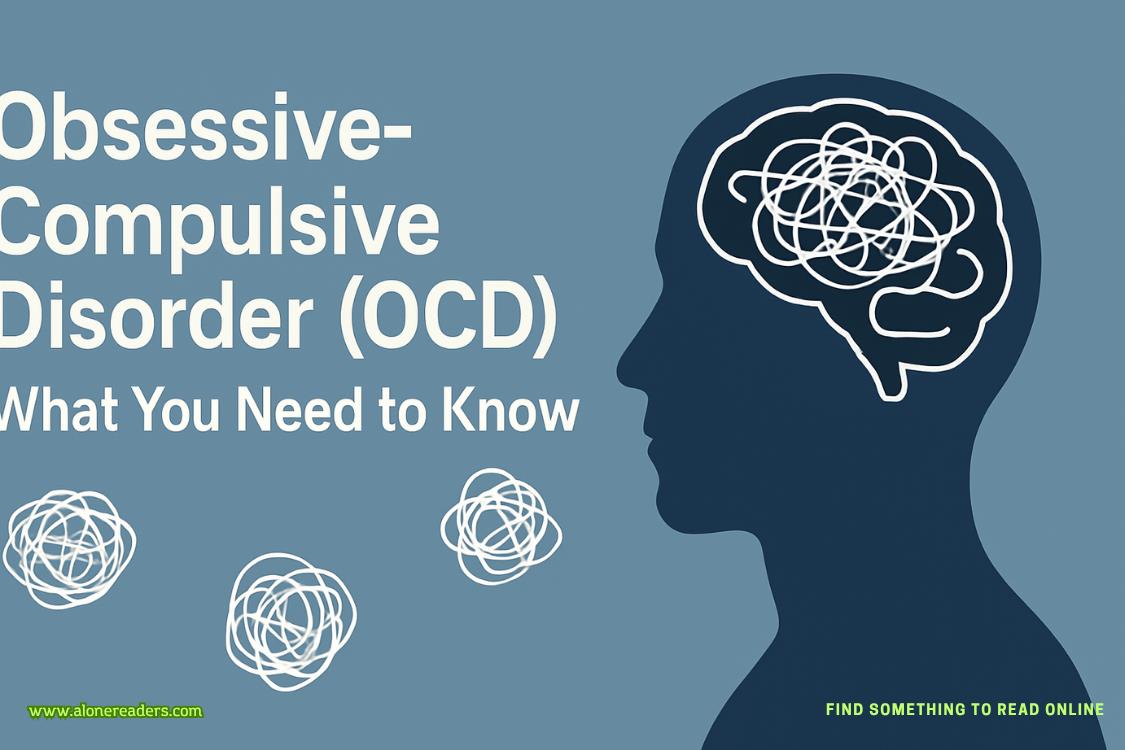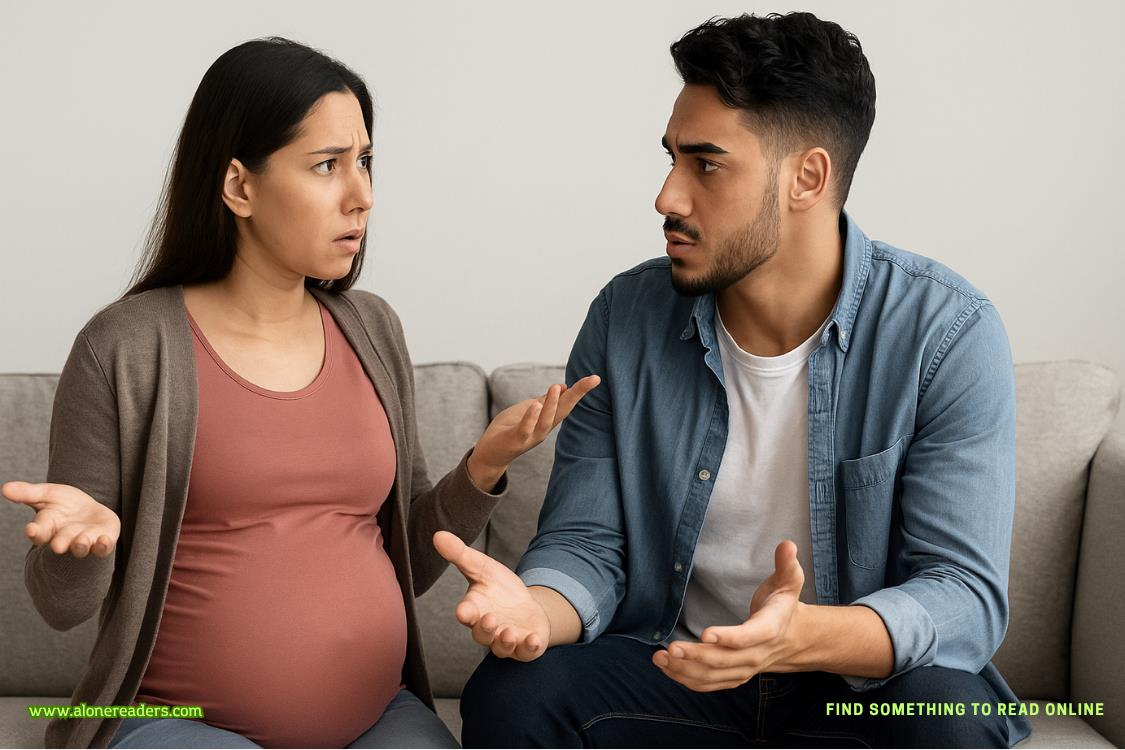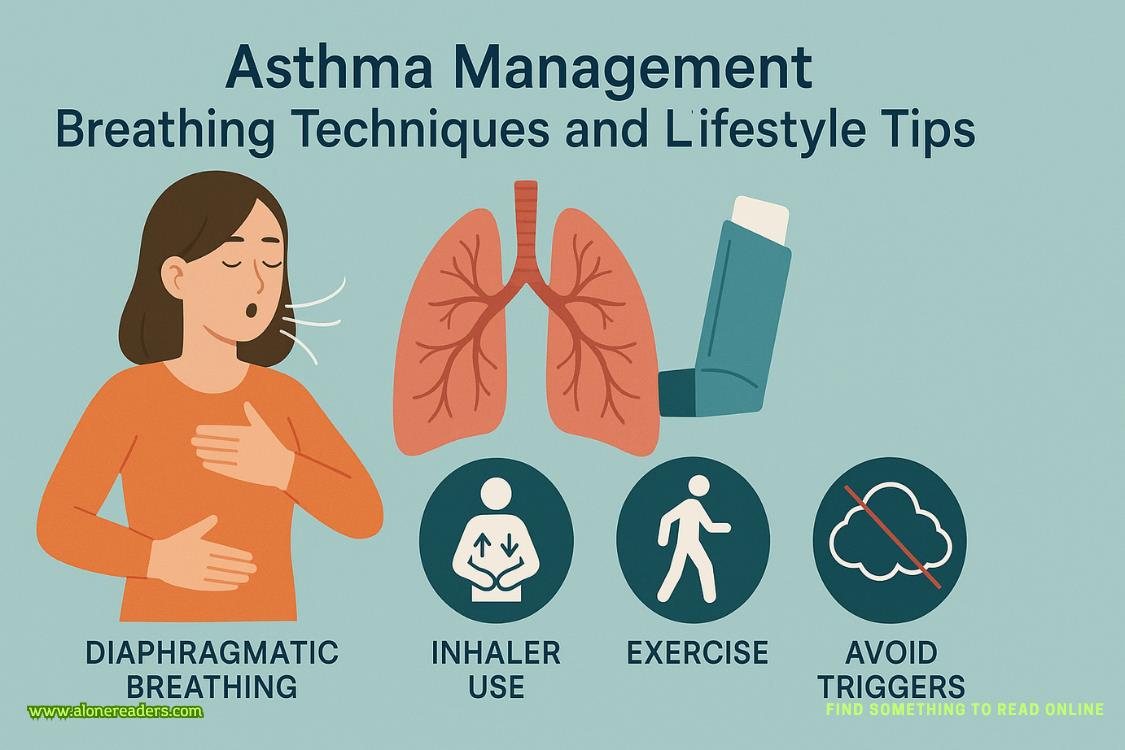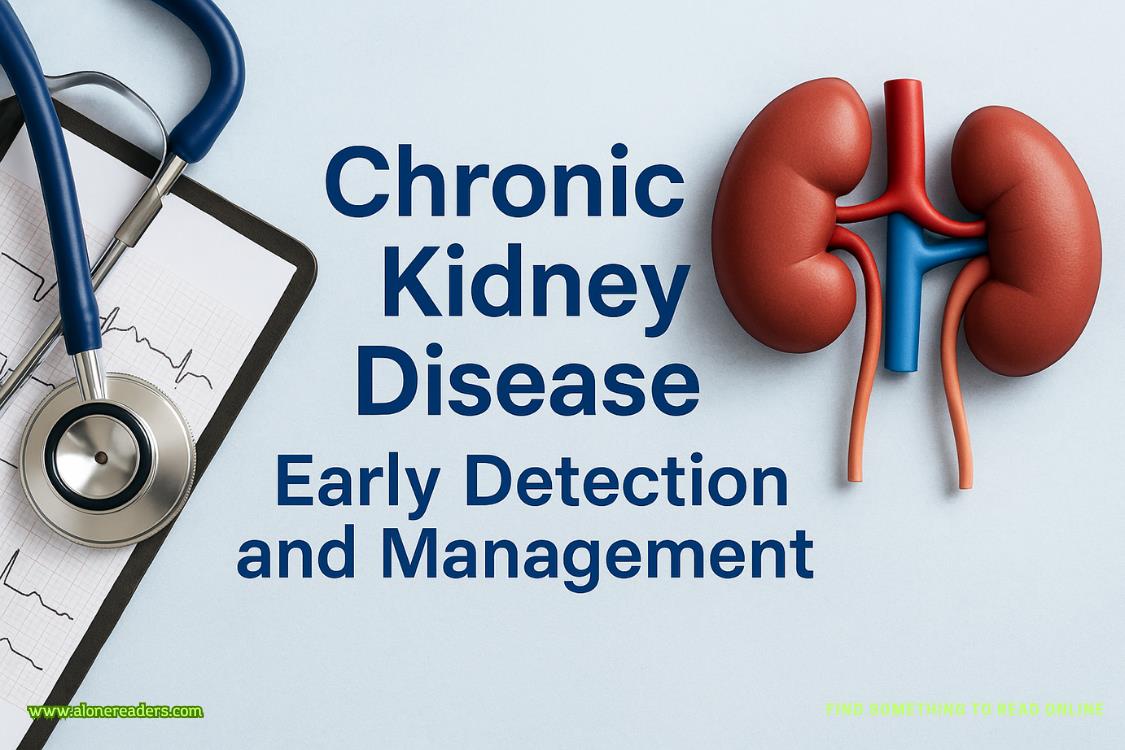The moments blurred, daylight fading into blue twilight. Nightfall offered no respite. The coming dawn shaded the sky with pink hues, promising a new day—yesterday. Was it only yesterday?
My father’s giant frame filled the pine coffin, lying east to west against the far wall of the big room, an ivory pillow nestled under his balding head. I pressed my fingers on the lapel of his chocolate brown suit, the fashionable houndstooth pattern, all the rage twenty years before. A string of rosary beads, compliments of Mam, were twined between his gnarled fingers.
The bowl of salt sitting on his chest would chase the evil spirits away. His shoes—the soles worn, the leather polished, waited to take him into the next world. Calm surrounded him. His thoughtful composure followed him even into death.
“Sorry for your trouble, mate.” A rumbling voice filled with sympathy reverberated throughout the room.
“Paddy, thanks for coming.” I grabbed my old-school chum’s hand, my heart lifting in recognition. How long had it been since I returned home? Too many years.
“If there’s anything I can do for the family, for your mam, you’ll let me know?” He turned, lighting one of the many clay pipes dipped in beer and filled with a twist of tobacco. “Lord ha’ mercy.” He inhaled a long puff and passed through the death room, his words lingering on trailing fingers of smoke—meant to keep the evils at bay.
Voices murmured as old friends, extended family, and those who knew him wandered from room to room, filling Clonmara with life.
Candles flickered at either end of my father’s coffin, signifying the light in the next world. Aunt Polly, Da’s last remaining sibling, watched the melting wax––should a silent shroud appear, death would visit again.
We followed the old traditions—the curtains drawn lest the demons enter. The mirrors—gateways to the otherworld—faced the walls lest my father’s spirit should take a wrong turn.
“Colm, how are you, hon? I’m sorry about your da.” A sweet soprano voice turned my head.
“Susan.” The hole in my heart shrank with every hello, every hug, and every story shared.
“It’s bad luck to him, forgive me for saying. How’s your mam?” Her quiet voice expressed sympathy.
“Not so good… It came as a shock.” I nodded, clasping her hand.
My father died a healthy man, the chance to confess his sins stolen from him. At my mother’s bequest, a sin-eater was called upon, an ancient custom forgotten by most. In a ceremony witnessed by few, the man consumed a simple meal passed over my father’s corpse. Washing it down with a mug of ale, he offered his prayer, “I give easement and rest now to thee, dear man. Come not down the lanes or in our meadows. And for thy peace, I pawn my soul. Amen.” The sin-eater’s gravelly voice haunted my mind. Where would his soul land when the reaper came?
“Sorry for your trouble, mate.”
“Colm, you remember Sam? From school?” Breda, my first cousin on my mother’s side, raised her white eyebrows, fixing her coal-black eyes on mine.Not one for formality, Breda wore a denim jacket over a pine-green jumpsuit paired with white sneakers. She rested her hand on my upper arm.She worries about my soul.
“Sam, it’s been a long time. Thanks for coming.”
“God bless all in this house.” He clasped my hand.
We stayed the long hours of the night to guard my father’s soul—to ensure his passage to the other side. Eamon, my father’s most loyal friend and my mentor, held vigil into the wee hours, telling tales, lifting our spirits, and nodding off in the corner armchair, snoring like the old bulldog he was.
When the dawn rose on the third day, my brothers and I would carry the casket down the street and up the hill to the little church where the priest would say mass. The next day, we would say our last goodbyes.
“Good sleep be with him,” another murmured.
Seats filled and emptied. Neighbors and friends shared stories of the ould one, little things said—all those memories added to the clamor of death. People talked about closure, something I never understood.
The hands on the old mantle clock stopped at 11:35 a.m.—the moment my father passed, so no one asked the dreaded question. One open window directly above the casket allowed his spirit to leave.
It was what he would have wanted.
My parents raised seven boys in a cottage by the sea, christened Clonmara on their wedding day.
I left the reception, my throat dry. Casual conversation was not my strong suit. I preferred to observe, favoring quiet solitude, but that’s not the way of the Irish. I entered the kitchen, a family-sized room painted canary yellow, nodding toward the ladies sitting at the long dining table, most I recognized. I rummaged through the upper cupboard for a water glass.
Mam gazed at me with worried eyes. She wore the widow’s costume, a high-collared black dress she had worn seven years before for the youngest O’Donnell. When the hope of Ciarán’s return died, they organized a wake in place of funeral rites or a church mass. Hundreds came from all around to offer their sympathies for the lost son.
“How are you, Colm? How’s the weather in Canada? I hear it’s fair cold.” Aunt Polly stood at the end of the L-shaped counter, her elbow bent, mashing yellow yolks with the tines of a fork. She sent a concerned look toward a younger woman with pink hair and purple glasses, introduced earlier as Aoife, another newcomer, who placed three tarot cards face up.
“Aye, it is, Auntie.” I read each inquisitive stare. None dared ask, “Why did you leave Colm? Why did you leave your parents grieving not one son but two?” I waited for the stream of water to run cold.
Everyone loved Ciarán, the seventh of seven sons, but I loved him most. We were inseparable, Irish twins born eleven months apart.















